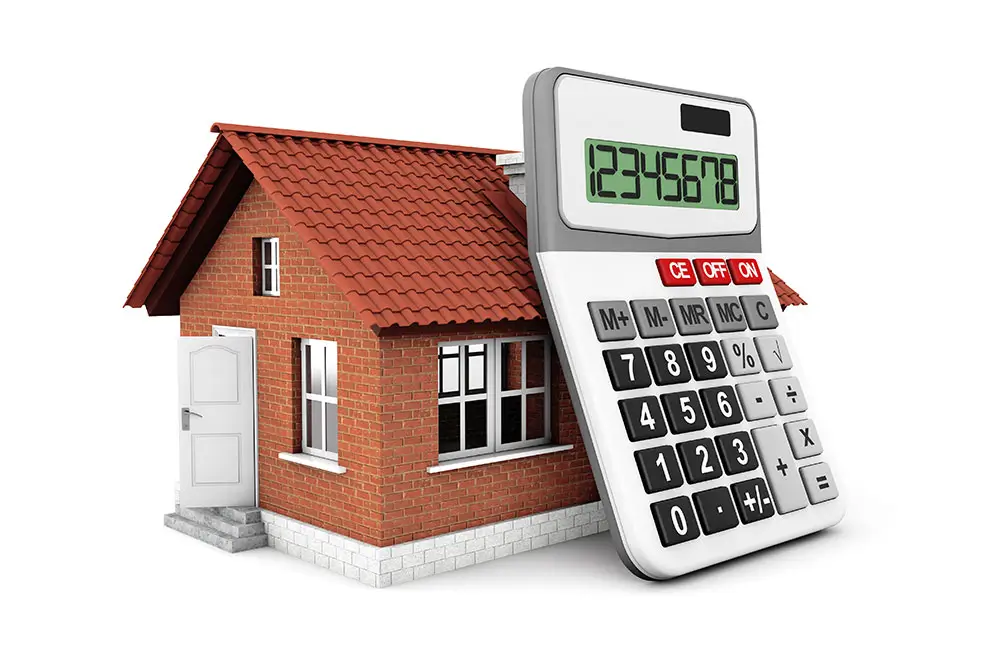Starting Your Search
Once you’ve chosen the right agent and have your finances in order, it’s time to start shopping for your new home!
Explore the Area
If possible, take a drive through the neighborhoods and communities that interest you. This will give you a better feel for the area. You can also browse online listings to get an idea of what’s available. If you find a property you like, reach out to your agent to schedule a showing. While you’re looking at homes, ask your agent about the long-term resale value of the properties you’re considering—this could be important for your future plans.
Narrow Your Search
Work with your agent to narrow down your criteria and preferences. How many bedrooms and bathrooms do you need? Are you looking for a large yard? Do you have a specific school district in mind? The more details you provide, the better your agent can focus on finding properties that meet your needs.
It’s Time to Buy
Once you’ve found a property you want to make an offer on, your agent’s negotiation skills will be key. They will help you craft a competitive and thoughtful offer, considering all relevant factors. A great agent will analyze the property’s costs and potential expenses to help you make an informed decision.
During negotiations, your agent will prepare the purchase agreement, including any contingencies for home warranties, escrow arrangements, and title transfer. They’ll guide you through local regulations and standard practices. While your agent will provide guidance, the final decision on terms and price will be up to you.
When you're ready to start, give us a call at (928) 848-1188 or complete this short form, and one of our agents will be in touch.
Get In Touch
Tips for Buying the Perfect Home in Prescott

Don’t Stretch Your Budget Too Thin
While it’s great to be approved for a specific loan amount, it’s wise not to spend the full amount on the home’s sale price. Be sure to leave room in your budget for closing costs, taxes, and any potential repairs or updates you might want to make once you move in.

Get To Know The Area
Make sure the neighborhood fits your lifestyle. Is it close to schools? Is shopping conveniently located? Location is one of the few things about a home that can’t be changed, so it’s important to make sure it aligns with your needs and long-term plans.

Don’t Skip The Inspection
A home inspection is one of the best investments you can make. It will uncover any hidden issues that might not be visible during a casual walkthrough. This gives you peace of mind and helps you make a more informed decision about your purchase.

Get Pre-Approved
Getting pre-approved by a lender shows sellers that you’re serious about buying and ready to make a move. It also helps you better understand your budget, so you’re not wasting time on homes outside of your price range. Check out our list of trusted lenders here.

Make a List of Deal Breakers
It’s important to know what features are non-negotiable for you and what you can live without. Can a simple remodel fix some issues, or are there major changes required? For example, if you need four bedrooms, don’t settle for a two-bedroom home that would require a costly addition.

Check The Age Of Appliances And Major Systems
Some of the most expensive parts of a home are the appliances, HVAC system, hot water heater, septic/well, and roof. Be sure to check the age of these systems and whether they’ve been well-maintained. You might even be able to negotiate a home warranty to cover these systems after you move in.

Understand HOA Requirements
Many neighborhoods have homeowner associations (HOAs) with rules about what you can and can’t do with your property. Make sure you’re familiar with the HOA’s regulations and any associated fees, which are typically listed as annual costs.






